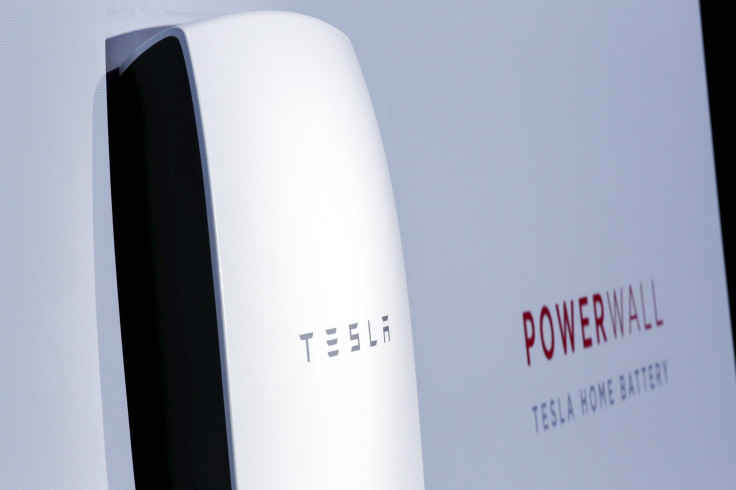Tesla Powerwall home batteries advantageous but expensive

Tesla’s solar Powerwall home batteries have offered people the best way to convert natural energy into electricity scbut at expensive rates.
Households that are willing to reduce their electricity will have to wait for seven to 10 years to use the solar battery facilities at reasonable rates. The local supplies are charging quite high for the high-profile batteries. Around $12,500 is demanded on installation of mere 7 kilowatt per hour battery plus inverter and about $20,000 in case the suppliers don’t have solar panels yet.
Victorian distributor Citipower’s head of strategy and business development, Charles Rattray, has stated that though the cost seemed quite high at the present moment, a payback period of around 10 years or less would make Powerwall home batteries suitable for consumers at reasonable prices. Citipower is the latest company that collaborates with Tesla Motors to sell its home batteries locally from January 2016.
The batteries will not only allow customers to reduce electricity costs but also store surplus energy for later use until the sun shines. “There are places in the National Electricity Market where batteries will make sense for some customers,” he said while referring to Queensland and NSW electricity markets. Rattray also stated that it was customers choice that was driving the popularity of solar batteries.
The natural availability of electricity via Powerwall home batteries is posing huge threat to power grid owners. They feel insecure of home batteries grabbing so much attention in the energy market. Stephen Cranch of solar installer Solahart said that NSW solar households have been suffering from declining prices for surplus power being sold to grid owners for 12 months. Hence, installing a battery would definitely make sense.
Global financial firm Morgan Stanley has calculated the home battery market in Australia and predicted that it could reach $24 billion, depending on the usage of 2.4 million households with each of them spending around $10,000 each for solar home batteries.
Contact the writer at feedback@ibtimes.com.au, or let us know what you think below:





















